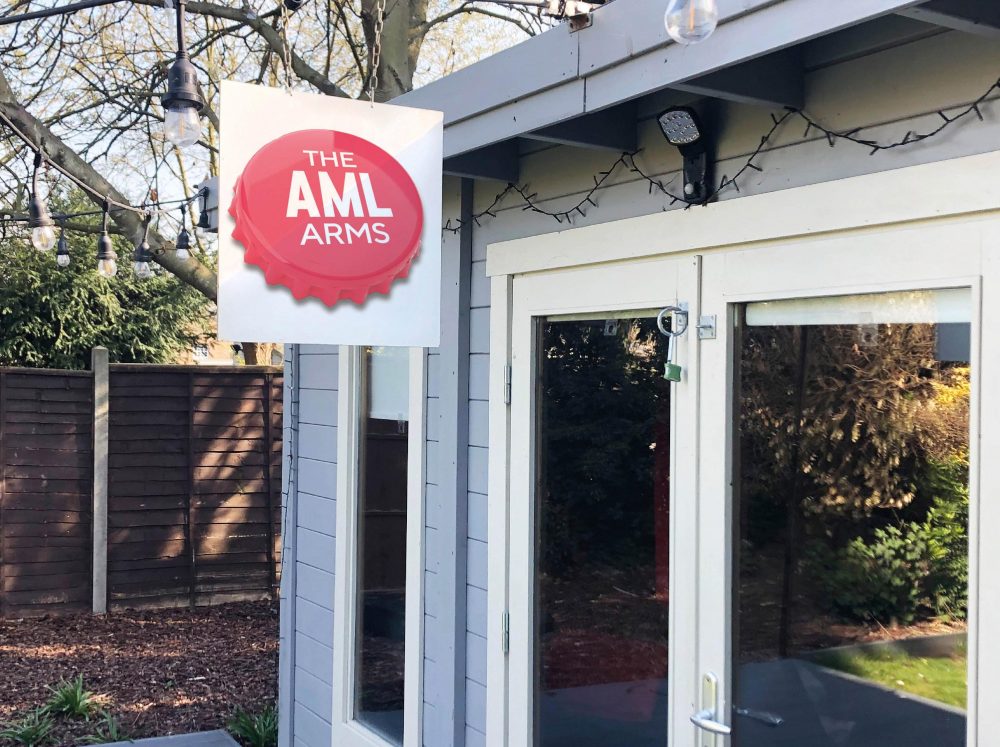As the first annual consumer electronics trade show of the year, CES has a tradition of unveiling new tech that signposts future developments. And this year, it’s VR that appears to hold the most imminent and exciting possibilities.
Leading VR developer, Oculus, used the event to release the Oculus Rift. Pre-orders for the £400+ headset sold-out, pushing shipping dates from the March release date right back to June, and suggesting that VR may have finally found a place in the average home.
Previously, VR has been seen as the logical extension of the gaming universe and that other great driver of innovation, adult entertainment. But exploring the Star Trek holodeck-style world demoed by HTC Vive, it’s easy to imagine its wider application.
As HTC Vive’s Chet Faliszek notes, ‘gaming is only the delivery device, it will not be the sole preserve of VR’. This prediction comes at a time when film director and 3D sceptic Werner Herzog has been in the press discussing VR as a story-telling medium.
Alton Towers also seems to have VR fever as it recently announced plans for its new roller coaster, Galactica, which will fire riders along an 840m track, with VR headsets catapulting them into the far reaches of space.
At AML, we’re looking into harnessing these platforms and technologies for our clients. So they, in turn, can enhance and develop their own client relationships. This has particular potential in the world of corporate sponsorship, where regulatory constraints, physical demands or limited space often restrict client access to corporate hospitality.
VR allows brands to bring people into the heart of experiences previously impossible for them to explore; events such as yacht racing, Formula 1 or cycling – all favourites in the world of financial sponsorship. VR democratises the experience, allowing anyone to feel the thrill of rounding Cape Horn, negotiating the Nurburgring or descending Col du Galibier.
While 360° video has already granted us access to exclusive environments, like Shell’s Ferrari Garage, VR will add value by allowing users to interact with them in new ways. But the possibilities extend far beyond sporting sponsorship. Companies planning new facilities or offices overseas could explore the premises first-hand, or engage staff about the impact of corporate programmes such as CSR.
It’s often the case that companies are slow to adopt technological advances as the tech frequently fails to deliver on its potential. Now, in 2016, the wait for VR to deliver on its promise could be over. And once the first few companies take the leap, we expect many more in the industry to go boldly for the headsets.


